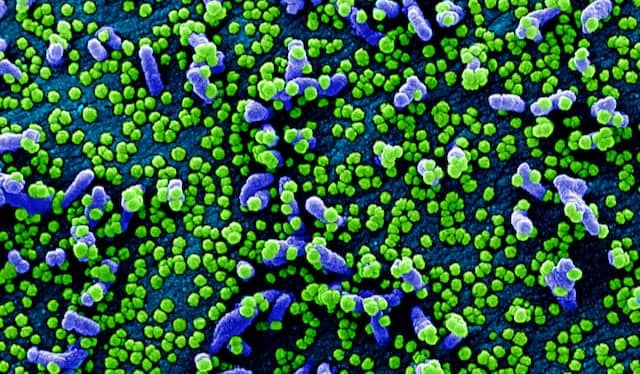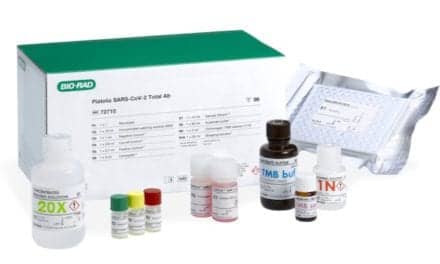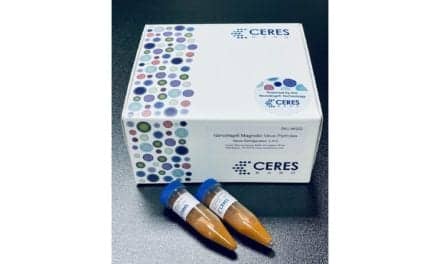InterVenn Biosciences announced it has identified marked differences in the glycoproteomic profile of patients who became seriously ill with covid-19, as compared to individuals who had also been infected with the SARS-CoV-2 virus but experienced no or minimal symptoms. These differences may shed important new light on the natural history of the disease and may relate to interindividual differences in susceptibility. The AI-enabled glycoproteomic analysis of nearly 100 blood samples was conducted in Intervenn’s South San Francisco lab, with additional studies in complementary covid-19 patient and other reference cohorts still currently ongoing.
InterVenn has demonstrated that analysis of protein glycosylation, the most common and most complex form of post-translational protein modification, is a highly effective way of discovering uniquely informative biomarkers. InterVenn’s approach to glycoproteomics combines the power of liquid chromatography-mass spectrometry for high-resolution, accurate-mass characterization of glycoproteins with artificial intelligence and machine learning to create a scalable platform appropriate for clinical studies and applications. PIP, the company’s AI-enabled mass spectrometry data analysis software, dramatically reduces the time and cost of integrating and quantifying raw data while increasing the quality of output and interpretation by eliminating observer-based bias. A reduced-feature version of the software, OpenPIP, has been made available in the public domain.
“We are currently following up on our initial, highly intriguing and promising results with additional analyses from a larger sample group that will allow us to position our approach optimally in support of covid-19 risk determination and outcome prediction,” says Klaus Lindpaintner, MD, MPH, chief scientific and medical officer of InterVenn Biosciences. “We believe that glycoproteomic analysis has the potential of significantly advancing our understanding of covid-19 and of our ability to help patients and their physicians make more informed health decisions during this terrifying global pandemic where there are still many unknowns.”
The results obtained in covid-19 patients broaden the set of indications to which InterVenn can apply its technology platform. Previously, the company’s focus has been on oncology, with a prospective, multi-site clinical validation trial in ovarian cancer currently underway as part of an overarching effort aimed at the prediction of a variety of oncological entities. InterVenn’s approach, which has generated preliminary data on predictive classifiers for ovarian, renal, lung, liver, prostate, pancreas, nasopharyngeal, and colorectal cancers, is based on assaying a large panel of serum glycoproteins. It routinely performs with sensitivities and specificities greater than 90%, using differential, indication-specific classifiers generated from the larger panel. This allows for highly targeted screening in individuals known to be at increased risk for a particular cancer (e.g. ovarian cancer in BRCA1/2 mutation carriers) as well as for broad cancer screening by interrogating distinct, individual disease classifiers in a single laboratory test, without compromising analytical accuracy for any individual indication as is commonly seen with one-size-fits-all concepts.
“These results once again emphasize the ubiquitous importance of glycoproteomics across a broad spectrum of medical conditions and highlight the significant potential that glycoproteomic data has in giving researchers and physicians predictive knowledge of the course of a disease,” says Aldo Carrascoso, chief executive officer of InterVenn Biosciences. “With our proprietary platform, we continue to discover clinically relevant insights about a variety of diseases—meaning, as a collective medical community, we will be better able to determine the best treatment for an individual patient based on their unique profile, and improve outcomes overall.”
For more information, visit InterVenn Biosciences.





